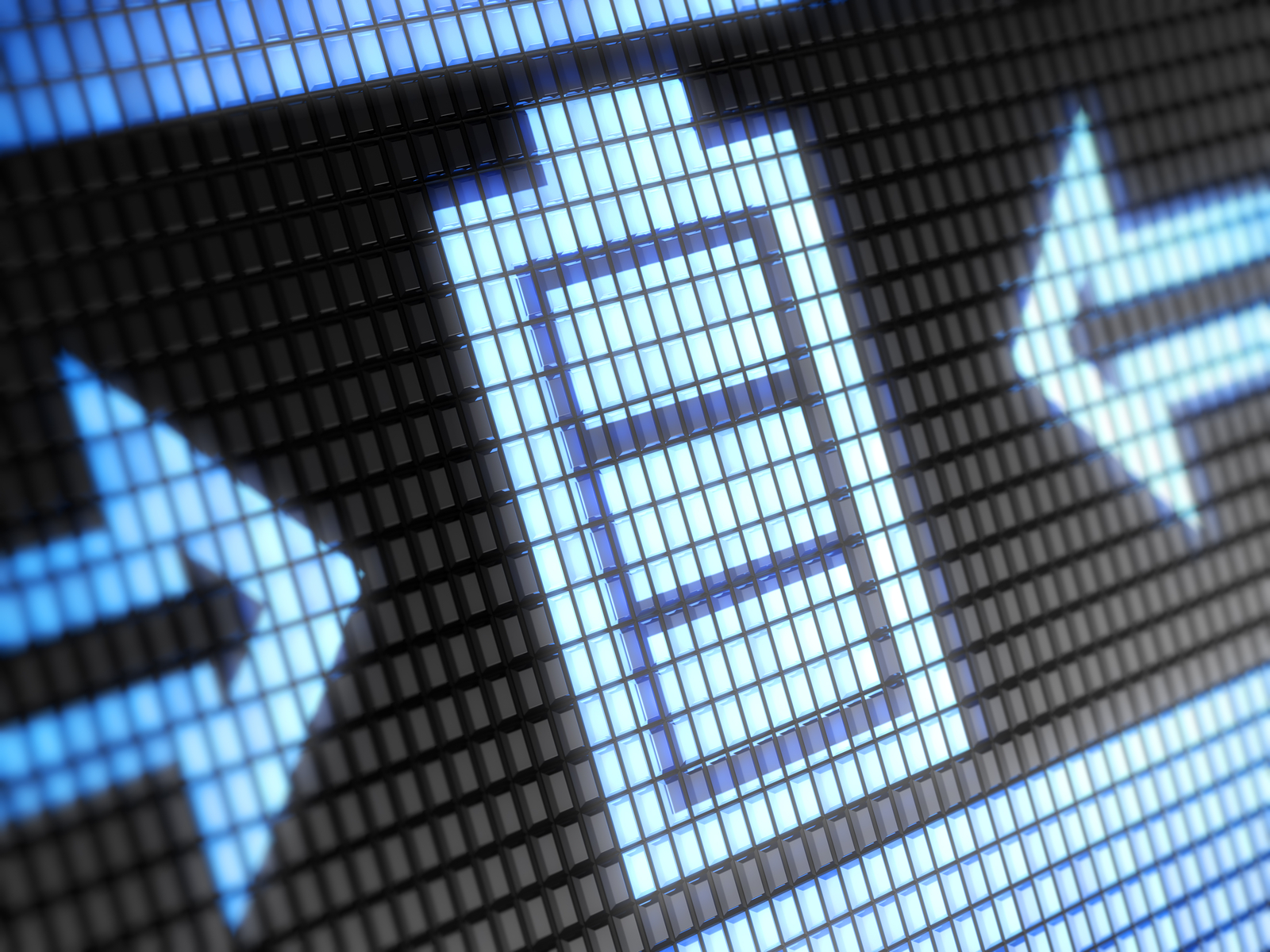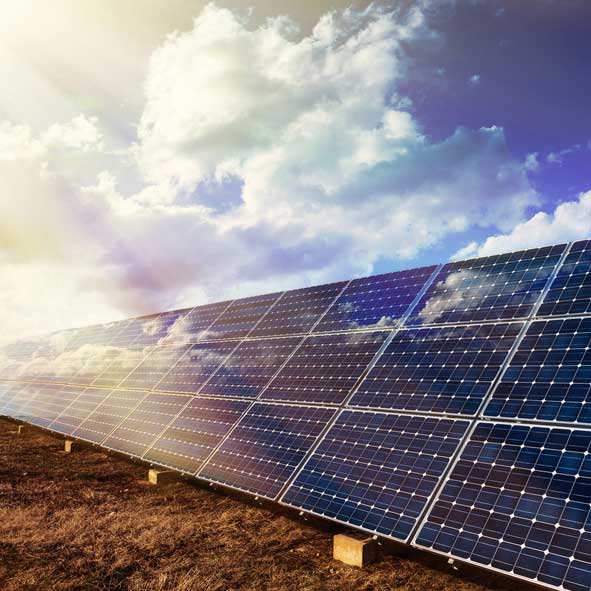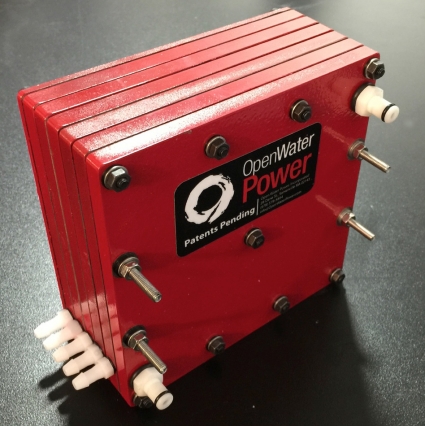 A new development in electrolyte chemistry, led by ECS member Shirley Meng, is expanding lithium-ion battery performance, allowing devices to operate at temperatures as low as -60° Celsius.
A new development in electrolyte chemistry, led by ECS member Shirley Meng, is expanding lithium-ion battery performance, allowing devices to operate at temperatures as low as -60° Celsius.
Currently, lithium-ion batteries stop operating around -20° Celsius. By developing an electrolyte that allows the battery to operate at a high efficiency at a much colder temperature, researchers believe it could allow electric vehicles in cold climates to travel further on a single charge. Additionally, the technology could allow battery-powered devices, such as WiFi drones, to function in extreme cold conditions.
(MORE: Read ECS’s interview with Meng, “The Future of Batteries.”)
This from UC San Diego:
The new electrolytes also enable electrochemical capacitors to run as low as -80 degrees Celsius — their current low temperature limit is -40 degrees Celsius. While the technology enables extreme low temperature operation, high performance at room temperature is still maintained. The new electrolyte chemistry could also increase the energy density and improve the safety of lithium batteries and electrochemical capacitors.


 The
The 
 Researchers have developed a new kind of semiconductor alloy capable of capturing the near-infrared light located on the edge of the visible light spectrum.
Researchers have developed a new kind of semiconductor alloy capable of capturing the near-infrared light located on the edge of the visible light spectrum.
 A journal’s impact factor looks at the number of citations within a particular year, but the significance of some research exceeds a one year time frame. To highlight these papers, Google Scholar released their
A journal’s impact factor looks at the number of citations within a particular year, but the significance of some research exceeds a one year time frame. To highlight these papers, Google Scholar released their  A new study describes the mechanics behind an early key step in artificially activating carbon dioxide so that it can rearrange itself to become the liquid fuel ethanol.
A new study describes the mechanics behind an early key step in artificially activating carbon dioxide so that it can rearrange itself to become the liquid fuel ethanol. When politicians distort science, academics and scientists tend to watch in shock
When politicians distort science, academics and scientists tend to watch in shock